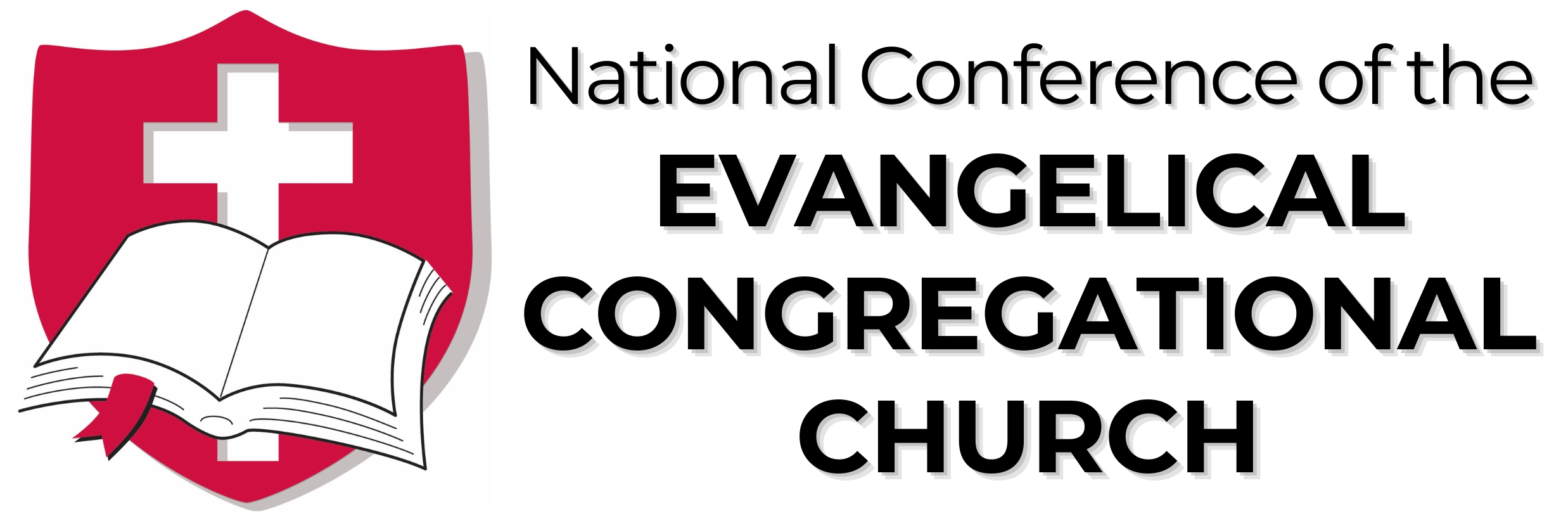Look to our past and celebrate.
As we envision the future of the Evangelical Congregational Church, it is important to look to our past and celebrate the “streams of influence” that have shaped and molded our church. Richard Foster’s book, Streams of Living Water: Celebrating the Great Traditions of Christian Faith, was the inspiration for this view of E.C. history. The people and events of the last 200 years support this view.
The Evangelical Congregational Church has been shaped and molded by four great streams of influence.
These streams of influence have shaped and molded the Evangelical Congregational Church so as to position us for effective and healthy ministry in the 21st century.
If you carefully examine the most popular books and seminars in the American church today, you will find that the themes are evangelism, piety and holiness. Our church tradition was founded upon the premise that we ought to be “seeker sensitive.” We joined the Methodists in establishing the first and most extensive networks of small groups our nation has ever known. “Experiencing God” was the intent of our class meetings and prayer meetings as well as the protracted meetings for revival that were so prevalent in our churches. At a recent NAE convention, David Mains (Chapel of the Air) and Paul Cedar (Mission America/Lighthouse Movement) identified holiness as the crying need of the American church if we are to experience an awakening and revival. Holiness of heart and life is a cherished doctrine of our church.
Finally, what local church would not warmly embrace a congregationalism that empowers the laity and enables the congregation to withdraw from a denomination that grows increasingly liberal, even apostate. Congregationalism was never meant to make a church’s property its first priority and the trustees its most powerful leaders. Congregationalism was intended to free a church to aggressively evangelize and effectively minister to its community.
I am convinced that the rich heritage of the Evangelical Congregational Church positions us for healthy ministry in the 21st century. We have everything we need to minister to this generation. Will we accept the opportunities that God places before us? Will we be a church marked by evangelistic fervor, personal piety, and holy living? Those are the questions that require an answer – from you and from me.
This concise history of our denomination was presented by Bishop, now Bishop Emeritus, Michael Sigman to the Vision 20/20 Pastors’ and Lay Leaders’ meetings in the Eastern Conference in 2020. It is an excellent overview of the driving forces which were at work in the early days of our church. This is who we are and it positions us for what we need to be doing in the twenty-first century.
